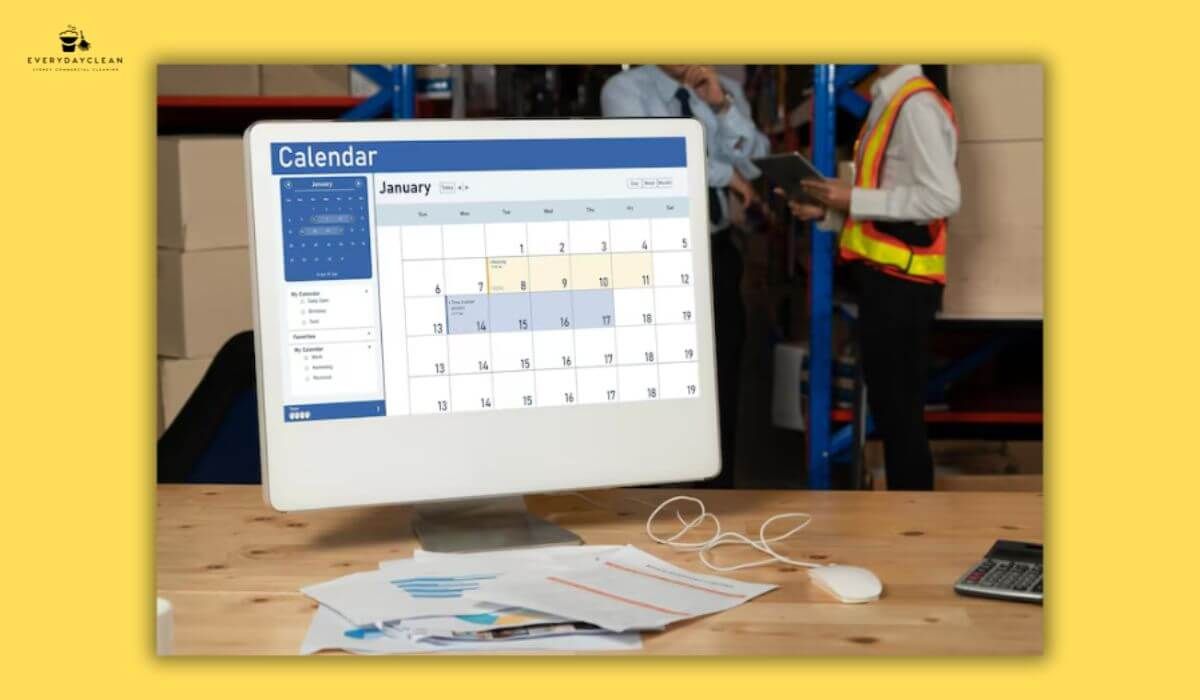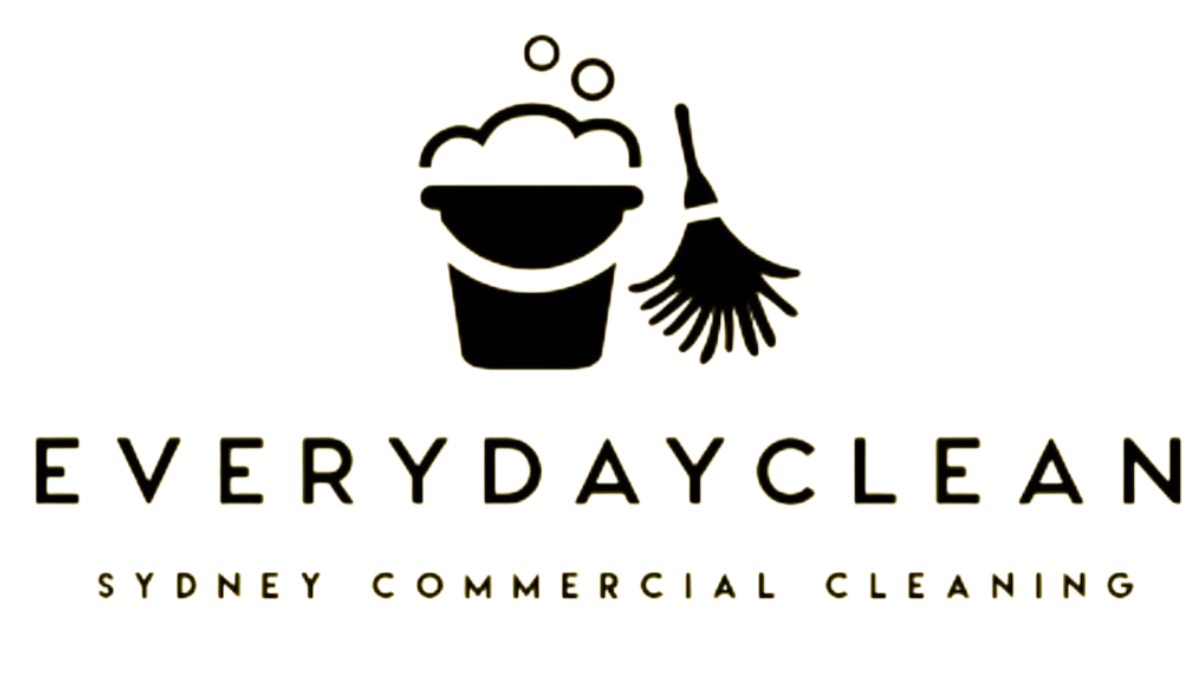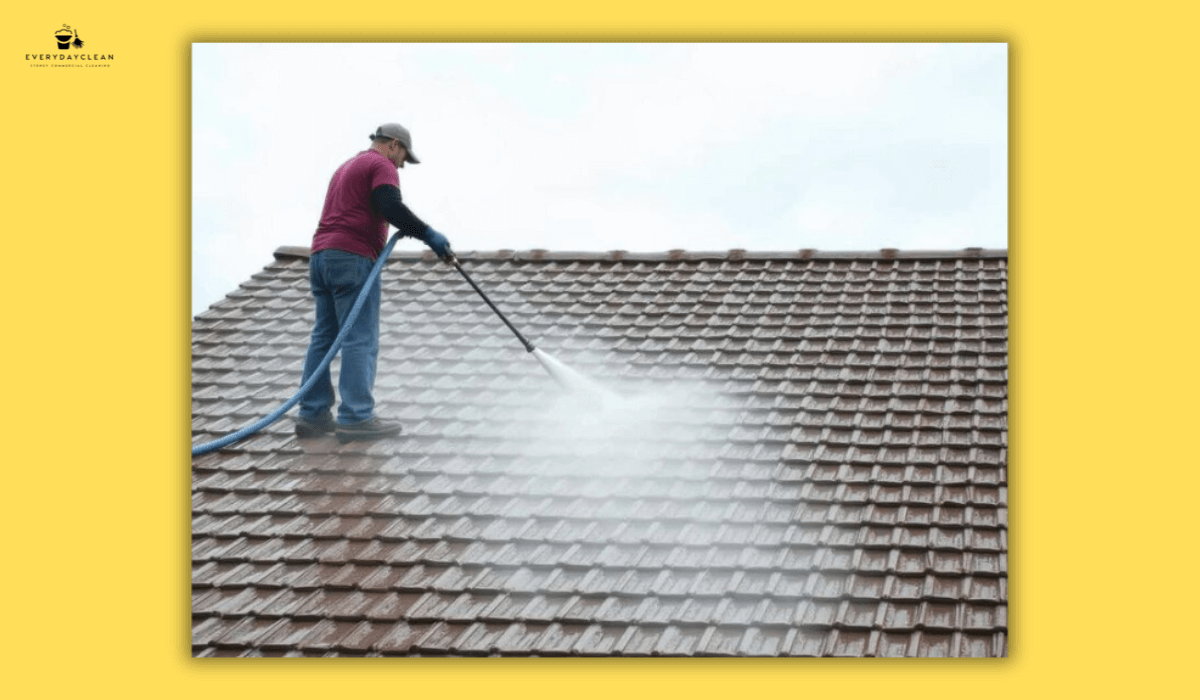Regular vs Deep Clean Explained: 7 Key Differences
Regular vs deep clean comparisons are essential for any business, office, or strata property trying to maintain a hygienic and welcoming space. Regular cleaning focuses on routine upkeep—dusting, wiping, vacuuming—while deep cleaning tackles neglected areas, built-up grime, and long-term sanitisation. Choosing the right type depends on the level of use, purpose of the space, and cleanliness expectations.
This cleaning-focused guide clearly outlines what each method involves, how they differ, and how to integrate both into a practical cleaning schedule for commercial or shared environments.
Side-by-Side Comparison of Regular and Deep Cleaning Services
To simplify the decision, here is a structured overview of how regular and deep cleans compare across scope, cost, and scheduling.
| Category | Regular Clean | Deep Clean |
|---|---|---|
| Purpose | Maintain day-to-day hygiene | Restore full hygiene and eliminate built-up grime |
| Frequency | Daily, weekly, or fortnightly | Monthly, quarterly, or annually |
| Effort Level | Light surface work | Intensive, detailed work |
| Time per Session | 1–2 hours | 3–6 hours or more |
| Cost per Session | Lower due to shorter time | Higher due to thoroughness and tools |
| Recommended Use | Offices, gyms, kitchens, bathrooms | End-of-lease, flu season, post-construction, seasonal resets |
This breakdown helps businesses choose the right balance of services based on space usage, cleanliness goals, and budget.
When to Use Regular vs Deep Clean Services
To apply the comparison in practice, consider these use cases:
- Daily operations: Use regular cleaning for offices, schools, gyms, and retail areas to maintain a professional appearance and hygiene.
- Quarterly sanitation: Schedule deep cleans at the start or end of each quarter to address areas that accumulate grime over time.
- Post-construction: Deep cleans are ideal after fit-outs, repairs, or refurbishments where dust and debris settle into vents and hidden surfaces.
- After illness outbreaks: A deep clean post-flu season or after confirmed sickness in the workplace reduces contamination risk.
- End-of-lease or change of tenant: Deep cleaning is mandatory before property handovers to ensure compliance and satisfaction.
Maintaining both layers of cleaning ensures a safer, healthier, and more presentable environment.

How to Build a Cleaning Schedule That Includes Both Services
A structured schedule helps combine the strengths of both cleaning types. Here’s a step-by-step approach tailored for commercial and shared spaces:
Step 1: Conduct a Facility Walkthrough
Evaluate high-traffic areas, restrooms, kitchens, and less-visible zones like storage rooms or equipment corners. Identify what requires daily cleaning and what needs deeper attention.
Step 2: Set Regular Cleaning Intervals
Choose a daily, weekly, or fortnightly schedule for basic upkeep based on space usage and team size. Offices often benefit from daily desk and bin cleaning, while shared lobbies may require cleaning multiple times per week — especially when managed through professional office cleaning services.
Step 3: Add Quarterly Deep Cleans
Incorporate deep cleans at seasonal milestones or after high-usage periods. For example, schedule one after EOFY, one in spring, and another at year-end.
Step 4: Communicate With Stakeholders
Ensure building managers, cleaners, tenants, or employees understand when deep cleans will occur. This helps avoid disruptions and encourages accountability.
Step 5: Review and Adjust Every 6 Months
Track cleaning quality, inspection results, and user feedback. Adjust cleaning frequency, scope, or timing as your space changes in use or occupancy.

FAQs About Regular vs Deep Clean Explained
Before deciding on a cleaning service model, many business owners and facility managers have recurring questions. The following answers address those concerns based on common user searches.
What does a deep clean include that regular cleaning does not?
Deep cleaning addresses areas that regular cleaning typically skips. This includes behind furniture, inside vents, grout lines in tiles, high surfaces like ceiling fans, and interior appliances. It often uses specialised tools like steamers or industrial vacuums to reach these difficult zones. While regular cleaning focuses on the visible and functional upkeep of a workspace, deep cleaning restores overall hygiene and is particularly valuable in healthcare, fitness, or food-related facilities.
How often should deep cleaning be scheduled in a commercial environment?
The ideal frequency for deep cleaning depends on usage, industry requirements, and the level of daily traffic. For general office spaces, once per quarter is usually sufficient. For gyms, clinics, or food service areas, monthly deep cleans are often required due to regulatory compliance and hygiene needs. Events like a flu outbreak, flood, or renovation may also trigger the need for an unscheduled deep clean. Consistency is key — tracking results after each service ensures the frequency aligns with actual cleaning outcomes. You may refer to our complete guide on cleaning frequency suggestions for more context.
Is deep cleaning always necessary if regular cleaning is done daily?
Yes. Even with high-frequency regular cleaning, deep cleaning is necessary to target buildup that surface tasks cannot remove. Daily vacuuming won't clean under furniture or remove scale from faucets, and disinfecting desks won’t scrub grout or walls. Over time, this unaddressed build-up can lead to odours, bacterial growth, and deterioration of finishes. Deep cleaning works alongside regular cleaning—it’s not a replacement, but a reinforcement.
Does deep cleaning require closing the business or vacating the space?
Not always, but it depends on the intensity and location of the work. For example, steam cleaning carpets or removing mould from ceilings may require temporary area closures. However, most deep cleaning tasks can be scheduled after hours or on weekends to avoid operational interruptions. It’s best to consult your cleaning provider beforehand and plan based on your team’s working hours and customer flow.
Get Tailored Cleaning Support with Everyday Clean
Everyday Clean offers custom cleaning plans that combine reliable regular cleaning services with comprehensive deep cleaning support. Whether managing an office, retail space, or strata building, our Sydney-based team provides safe, efficient, and eco-conscious cleaning solutions built around your schedule.
Contact Everyday Clean to create a cleaning plan that suits your needs, budget, and compliance goals.
Author: Everyday Clean Content Team
Everyday Clean is Sydney’s trusted provider of commercial cleaning solutions, including pools, gyms, offices, and strata properties. Our licensed professionals use advanced, eco-friendly equipment to deliver safe, compliant, and spotless results. With deep experience across Sydney’s hospitality, fitness, and residential sectors, we help facilities maintain inviting, healthy environments that guests trust.



